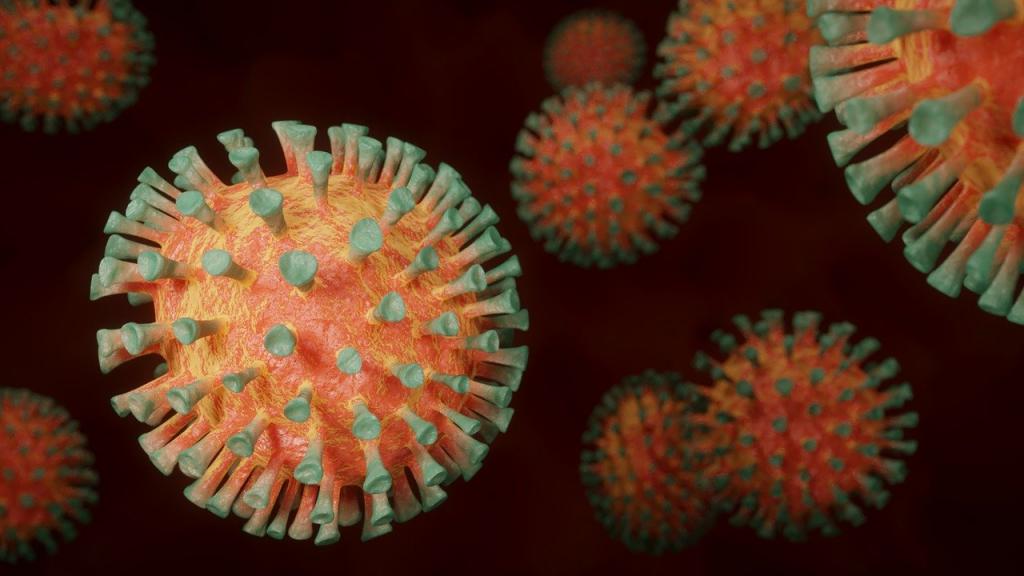Researchers found that there are people who are naturally resistant to COVID-19, and they could be the key to ending the pandemic.
A Promising Study On COVID Resistance
A team of researchers at University College London discovered after conducting a study on hospital staff during the first wave of the pandemic that some people are actually naturally resistant to COVID infection.
These people were said to have not developed symptoms despite being exposed to the novel coronavirus. They also never tested positive for COVID-19 even though they did not develop COVID-19-fighting antibodies.
In their study published Wednesday in the journal Nature, the researchers indicated that this type of resistance most likely came to be because their bodies already learned how to fight viruses that are related to SARS-CoV-2 before the latter started spreading around the world.
Dr. Leo Swadling and his team hypothesized that the COVID-resistant people may have pre-existing memory T-cell responses with cross-protective reaction to SARS-CoV-2, causing the infection of the latter virus to be aborted in their system.
The team also pointed out that those who belonged to this group were healthcare workers who had stronger and more multispecific infection-fighting cells (T-cells) than their coworkers who contracted the virus and tested positive for COVID-19.
The Implications Of The Study
Compared to the COVID-19 vaccines that are designed to replicate and recognize spike proteins, the protective T-cells of the COVID-resistant people were able to spot a different part of the novel coronavirus.
The vaccines that have been approved for use worldwide are largely aimed at the spike proteins covering the outer surface of SARS-CoV-2, since these proteins are the ones that enable the coronavirus to enter human cells, according to Nebraska Medicine.
The rare T-cells found by the researchers in their study were able to look beyond the surface of SARS-CoV-2 and find internal proteins that are necessary for the virus’ replication. The internal proteins are actually very similar in all related coronavirus species, including the ones that cause the common cold. This means that the COVID-resistant people did not only develop protection against all coronaviruses, but also all new COVID-19 variants.
While the current vaccines are doing an excellent job in containing the situation and preventing people from getting severely ill of COVID-19, they do not have the capacity to stop people from contracting the virus.
With this discovery, scientists can try upgrading or creating new vaccines that mimic the kind of resistance the COVID-resistant people in the study have.
“What we’re hoping, by including these T-cells, is that they might be able to protect against infection as well as disease, and we hope they would be better at recognizing new variants that arise,” Professor Mala Maini, who was also involved in the study, told the BBC.
Although everyone might have caught the coronavirus species that cause the common cold, not everyone has developed the right kind of protective T-cells against all coronaviruses. Therefore, the findings in the study could really make a big difference in the human race’s fight against COVID-19.
















